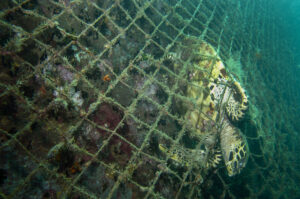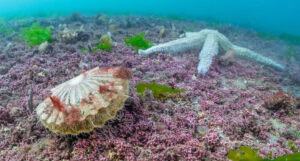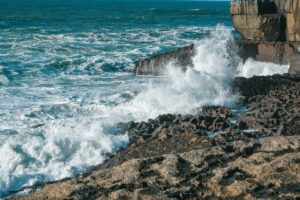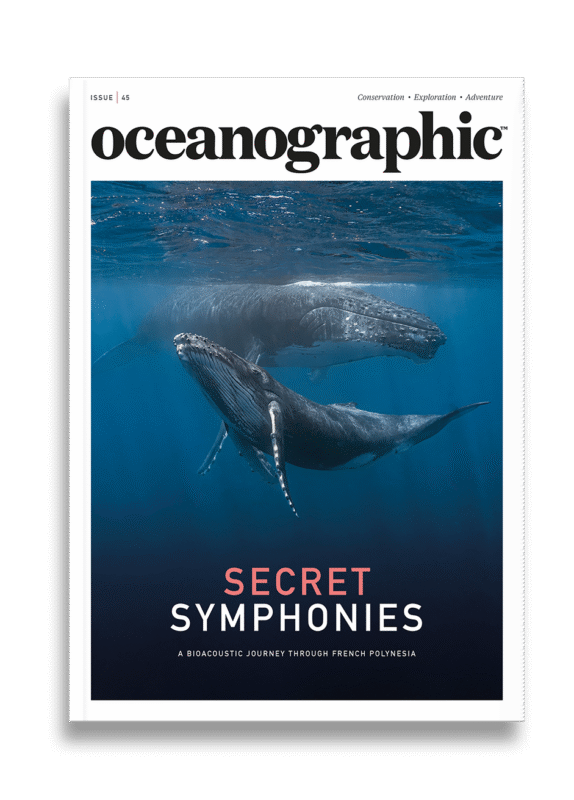Subsidies buoy failing trawlers amid West Med fish stock depletion
New analysis from Oceana has called for a 'strategic course correction' by fisheries ministries in France, Italy, and Spain by rebuilding depleted fish stocks and shifting public funds from supporting unprofitable trawlers to move towards a more sustainable future.
A new report released today has painted a stark picture of bottom-trawl fisheries in the western Mediterranean, where too many vessels continue to target chronically overfished stocks – leaving much of the fleet economically underwater, despite years of public subsidies.
Commissioned by the marine conservation group Oceana, the analysis has called for a strategic course correction by fisheries ministries in France, Italy, and Spain. Its core message is that shrinking the fleet, rebuilding depleted fish stocks, and shifting public funds away from supporting unprofitable trawlers are “essential steps” toward a more sustainable future.
The report evaluates the economic effects of the Western Mediterranean Multi-Annual Plan (West Med MAP) on bottom trawlers across the three countries and finds a long-running structural mismatch between fleet capacity and the region’s diminished fish populations. According to the authors, this imbalance – now stretching back more than a decade – has ‘eroded vessels’ profitability while preventing stock recovery.’
It has noted that Large French trawlers and small Italian trawlers have been persistently unprofitable for years. Even as the West Med MAP seeks to restore stocks, fleets continue to compete over already depleted populations. The result is an “entrenched cycle” where ecological decline and economic fragility reinforce one another.
“Oversized fleet, overfished stocks”
“The fleet remains oversized, and the populations remain overfished, perpetuating a cycle of economic instability and ecological degradation which started long before the West Med MAP was adopted,” said Giulia Guadagnoli, senior policy advisor at Oceana in Europe.
Guadagnoli has urged French, Italian, and Spanish fisheries ministers (Frédéric Chabaud, Francesco Lollobrigida, and Luis Planas) to shift public spending toward supporting an orderly reduction of the fleet and helping remaining fishers transition to low-impact practices.
“This should go hand-in-hand with restoring fish populations to health, which is the one indispensable condition for long-term prosperity for fishers,” she added.
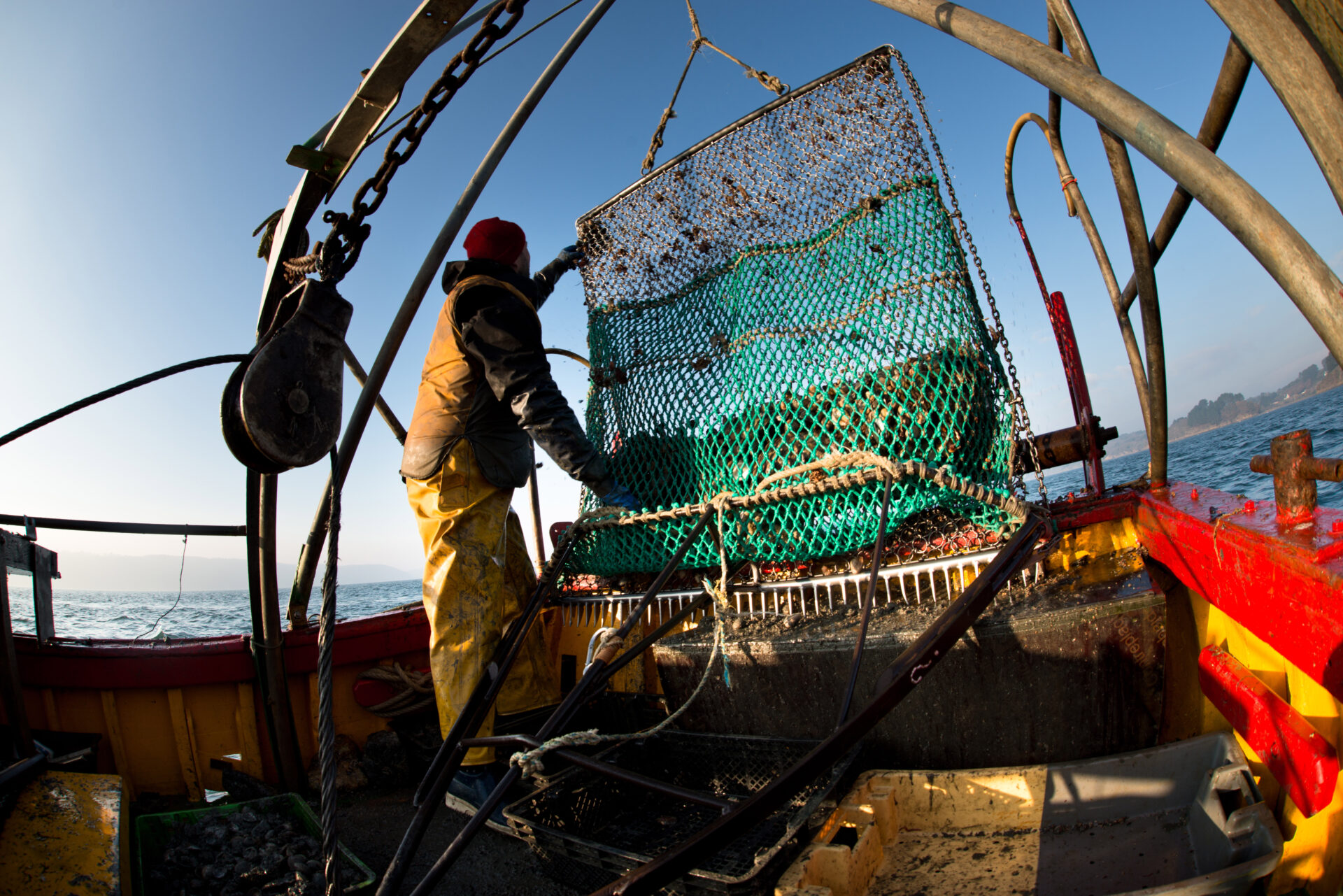
The report offers up a series of key recommendations, outlining several actions for the European Commission and national governments to take next.
Among them, it has called for an alignment of financial support with core sustainability goals to incentivise a smaller, more selective fleet capable of operating profitably on healthy stocks; a reduction of overcapacity to encourage unprofitable vessels to exit the sector and prevent them from relocating their efforts elsewhere; and the rebuilding of fish populations by strengthening the enforcement of the West Med MAP measures by limiting fishing days, catch quotas, and adopting of more selective gear.
Of course, this will all require a ‘just transition’ and the provision of training and financial aid to help fishers and coastal communities diversify and adapt to more sustainable practices as well as an investment in the long-term resilience of the industry by redirecting subsidies toward selective gear and low-impact methods of the remaining fleet.
The financial picture is fractured across fleet segments. Large French trawlers (over 24 m) and small Italian trawlers (under 12 m) have – according to the report – not achieved profitability in years, while French trawlers under 18 m and Italian and Spanish trawlers over 18 m remain economically fragile.
Only three fleet segments – Spanish trawlers under 12 metres, Spanish trawlers between 12 and 18 metres, and Italian trawlers between 12 and 18 metres – achieved net profit margins above the 10% threshold typically considered necessary for long-term viability.
Meanwhile, up to €19 million in national subsidies – ranging from COVID-19 relief to compensation for reduced fishing days under the West Med MAP and fuel-related support linked to the war in Ukraine – have provided only temporary relief.
According to the report, these payouts have failed to resolve the structural economic challenges facing most bottom-trawl operators.
With the region at a crossroads, Oceana’s analysis suggests that maintaining the status quo will leave both fish populations and fishing communities increasingly vulnerable. A coordinated, science-led approach – one that reduces fleet pressure, restores stocks and reorients subsidies toward sustainability – may be the only way to avoid deeper ecological and economic decline in the western Mediterranean.


"*" indicates required fields
Printed editions
Current issue
Back issues
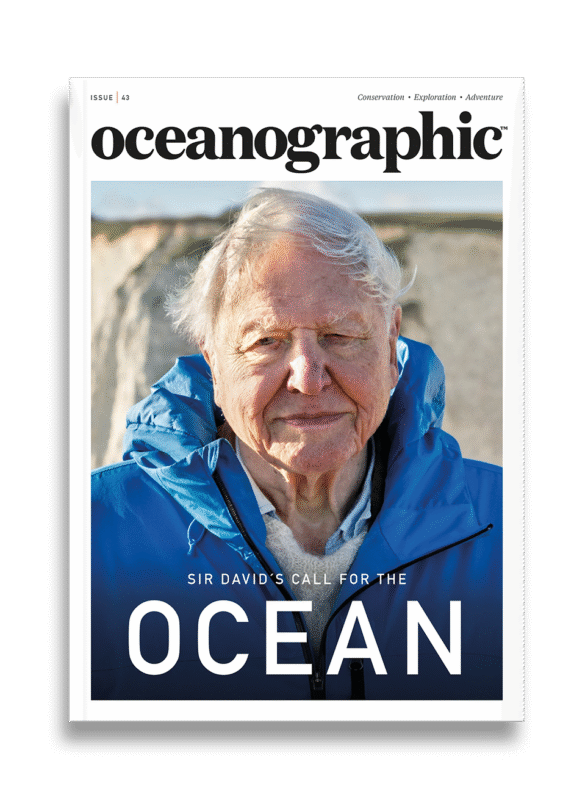
Back Issues
Issue 43 Sir David Attenborough’s ‘Ocean’

Back Issues
Issue 41 Holdfast to the canopy
Enjoy so much more from Oceanographic Magazine by becoming a subscriber.
A range of subscription options are available.


